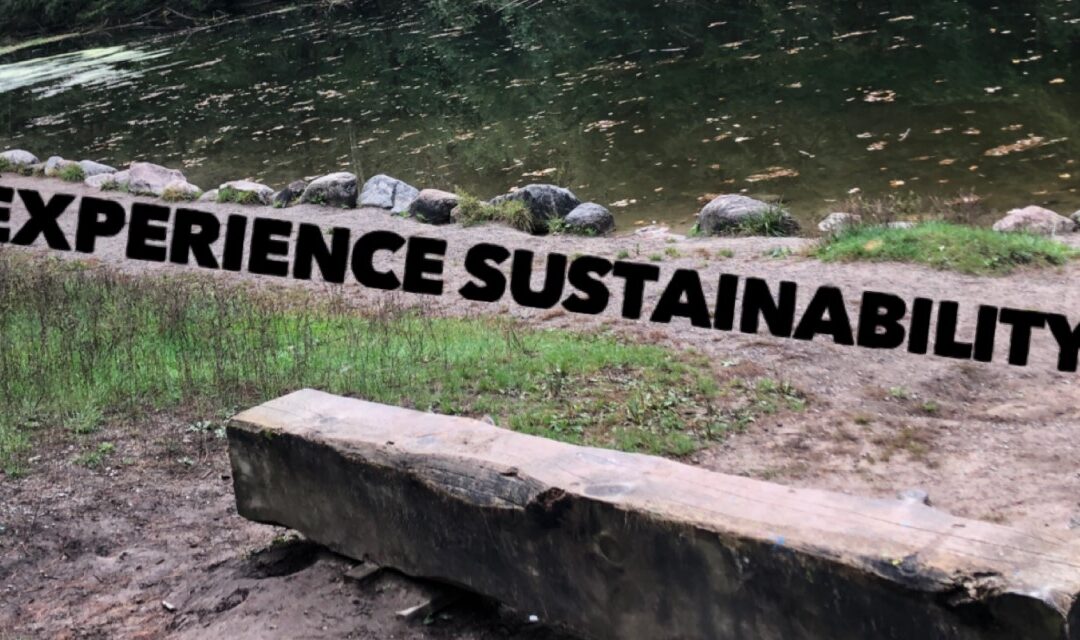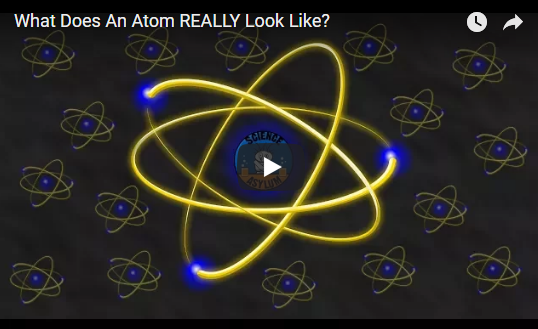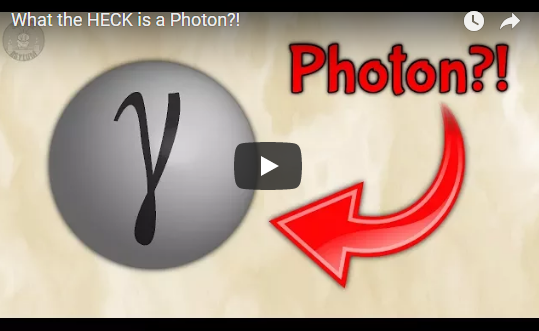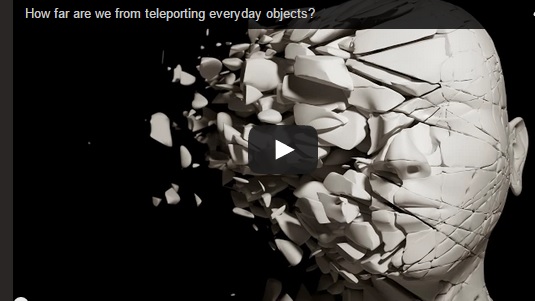
by Michael Frankfort | Jul 10, 2022 | All Science Teachers, Biology, Blog, Critical Thinking, Elementary, Environment, Gr 4-6 Science & Tech, Gr 7-8 Science & Tech, Gr 9-10 Science, Gr. 11-12 Biology, Grade 10, Grade 11, Grade 12, Grade 4, Grade 5, Grade 6, Grade 7, Grade 8, Grade 9, Inquiry, Scientific Investigation Skills and Career Exploration, Scientific Literacy, Secondary, Teaching Strategies
Submitted & Written by Michael Frankfort @mfrank_76 Elementary Teacher, York Region District School Board, STAO Blog Contributor, Sci-Fi Geek This past spring, I had the opportunity to present a webinar for the Ontario Teachers’ Federation called...

by msander | Sep 10, 2021 | Gr. 11-12 Chemistry, Gr. 11-12 Physics
From orbital mechanics to quantum mechanics, this video explains why we must accept a world of particles based on probabilities, statistics, and chance. Electrons, protons, and neutrons don’t behave the same way that planets and billiard balls do....

by msander | Jan 1, 2018 | Gr. 11-12 Chemistry, Gr. 11-12 Physics
A photon is a purely quantum mechanical object representing the smallest piece of energy (or quanta) for light. Every quantum particle is a packet of energy though, so how do we tell photons apart from electrons, quarks, and neutrinos? Click here to go the source for...

by msander | Apr 19, 2017 | Gr. 11-12 Chemistry, Gr. 11-12 Physics
An atom is mostly empty space, but empty space is mostly not empty. The reason it looks empty is because electrons and photons don’t interact with the stuff that is there, quark and gluon field fluctuations. It actually takes energy to clear out space and make a...

by msander | Mar 5, 2015 | All Science Teachers, Gr. 11-12 Physics
[youtube https://www.youtube.com/watch?v=z_xuqasP6yE] If the idea of teleportation conjures up visuals from Star Trek, you should put those fictional teleports aside. Quantum teleportation, if it’s real, is more about extracting information about an object, and...







Recent Comments